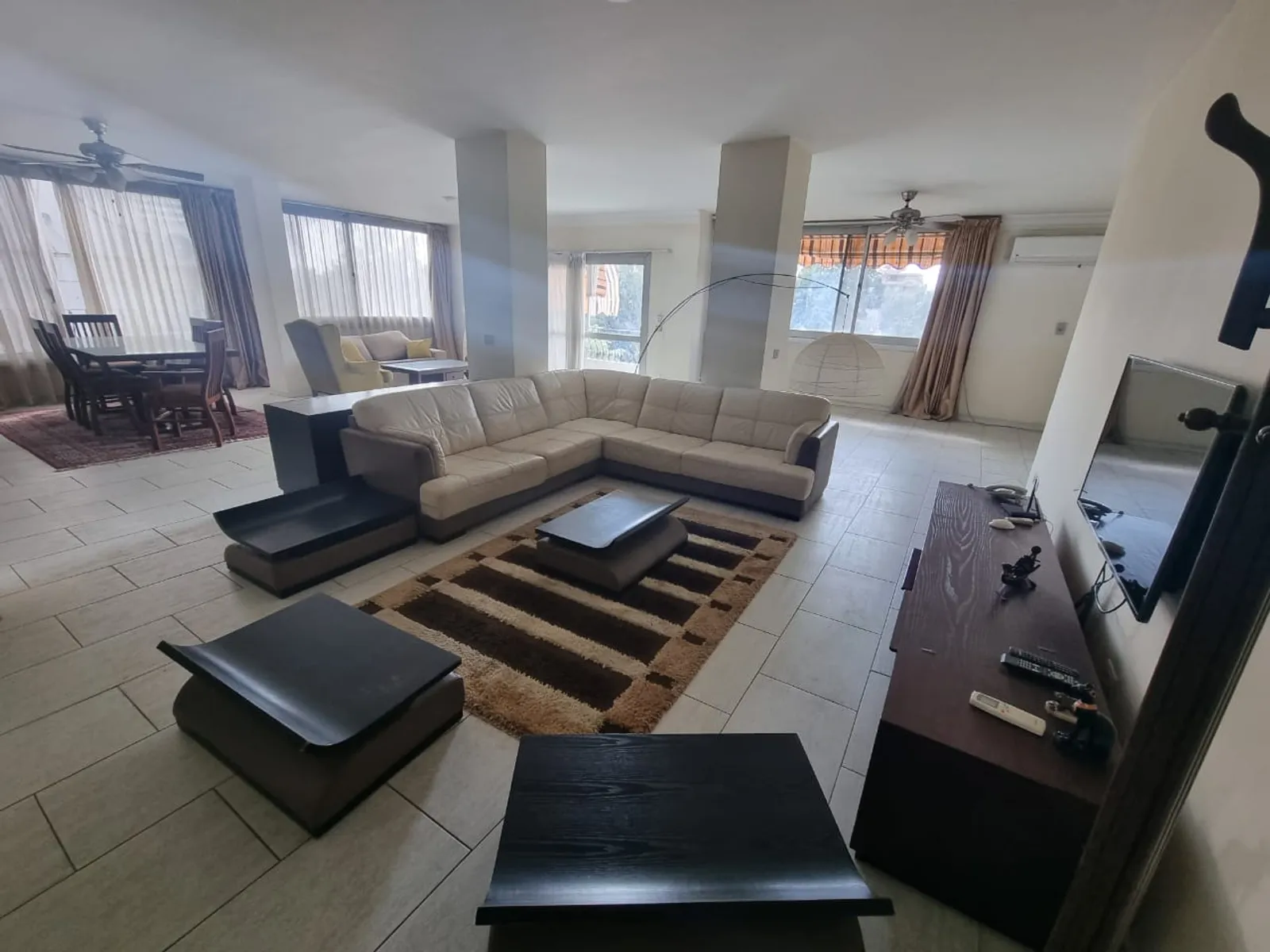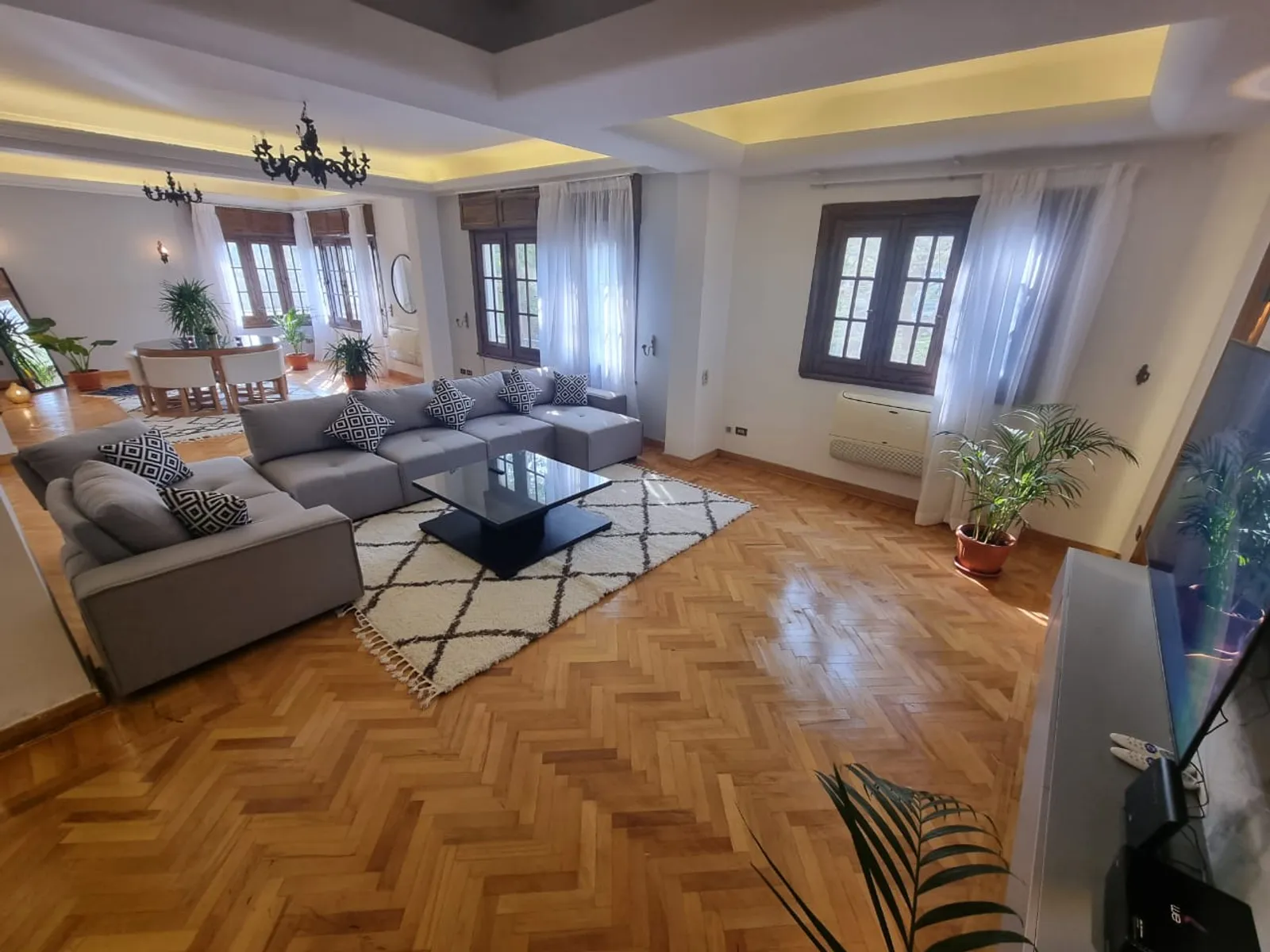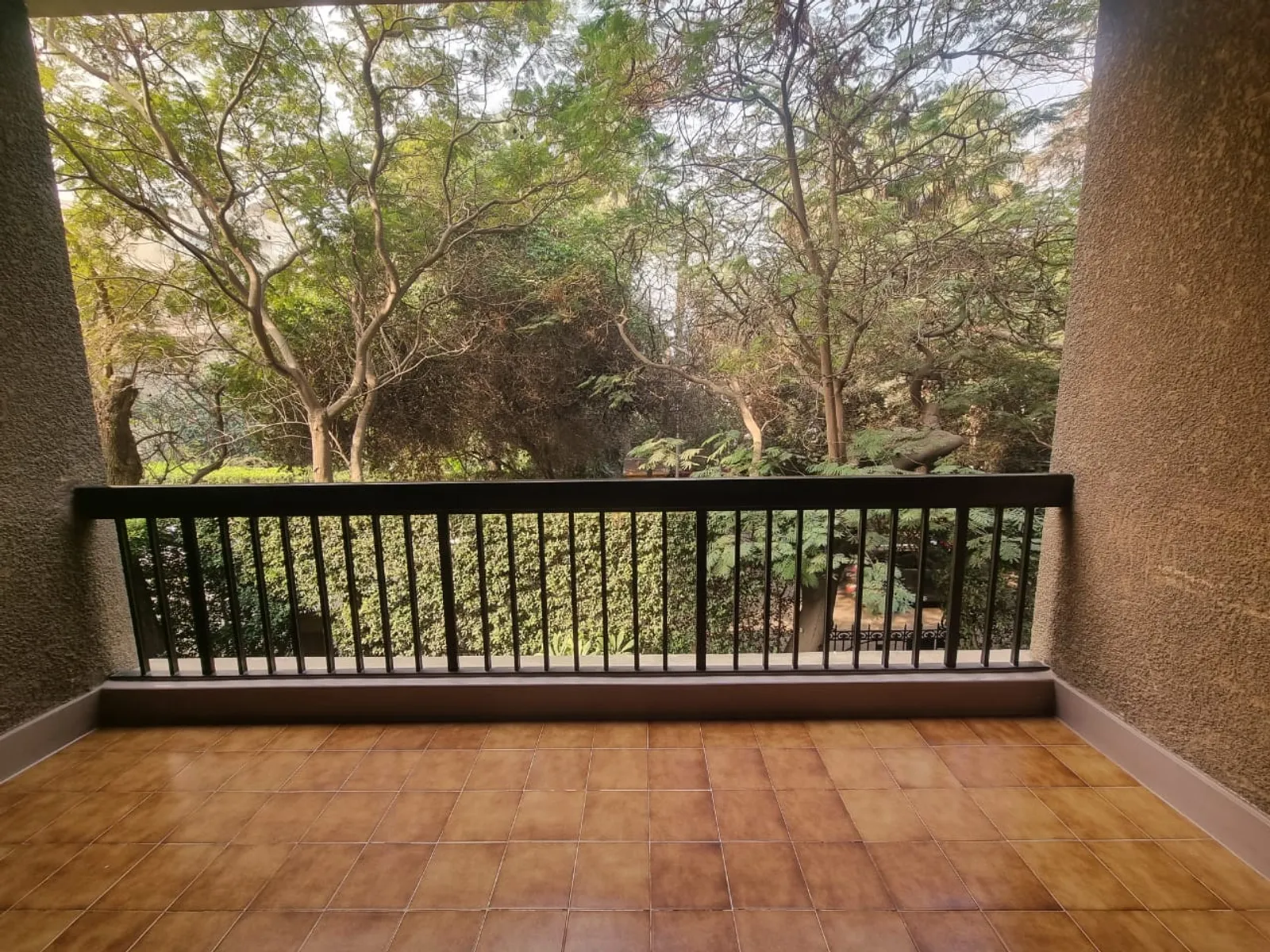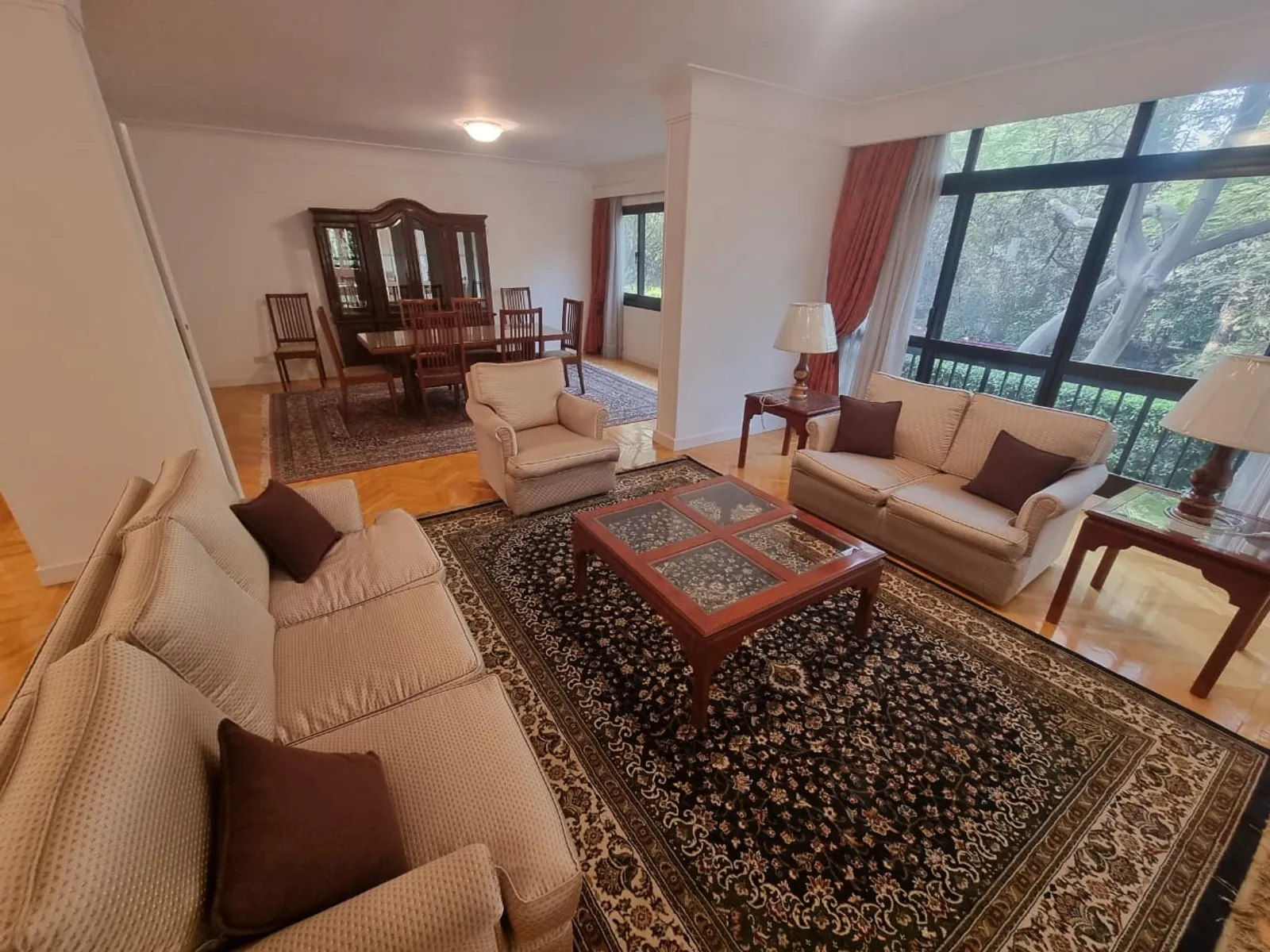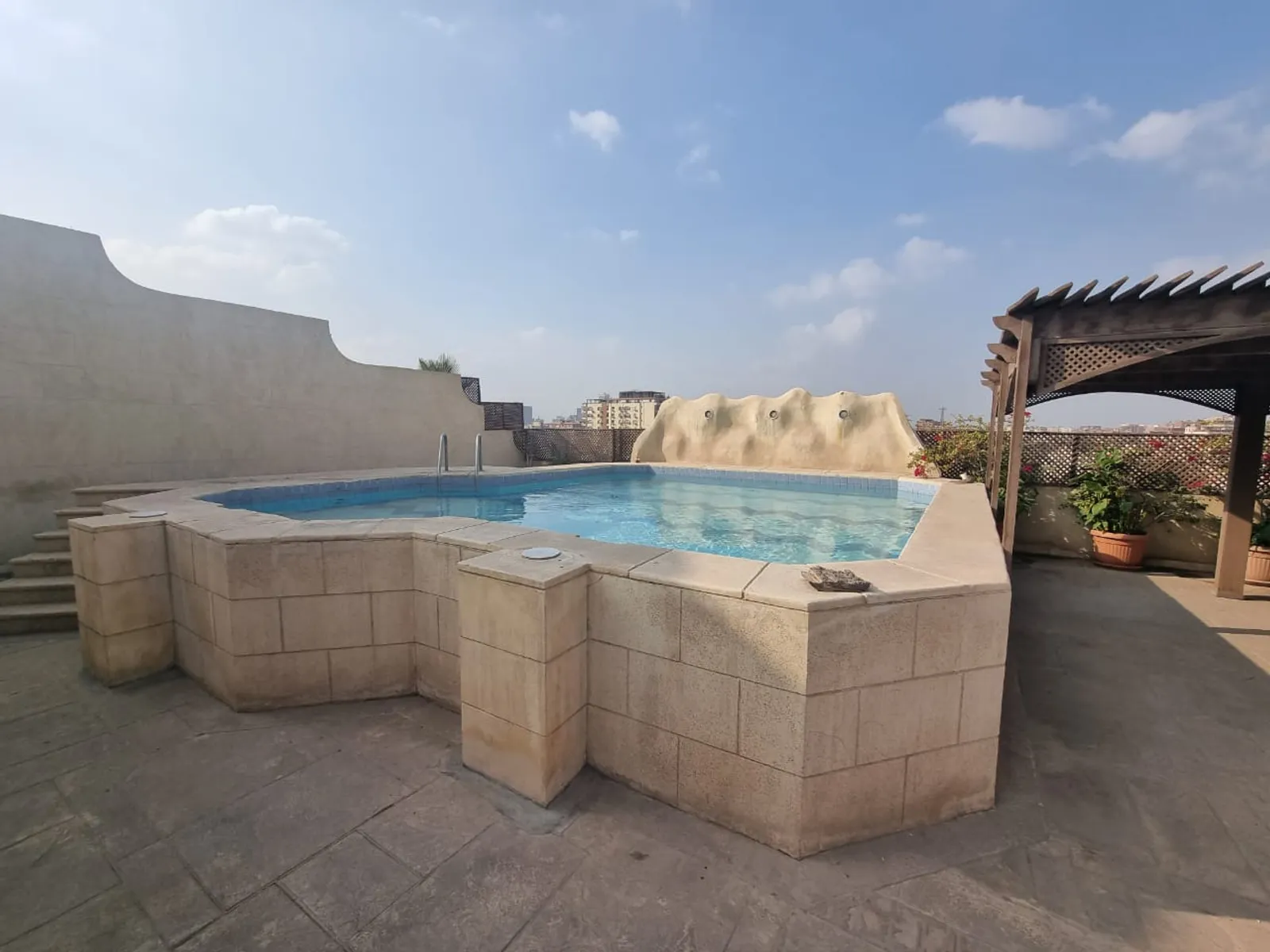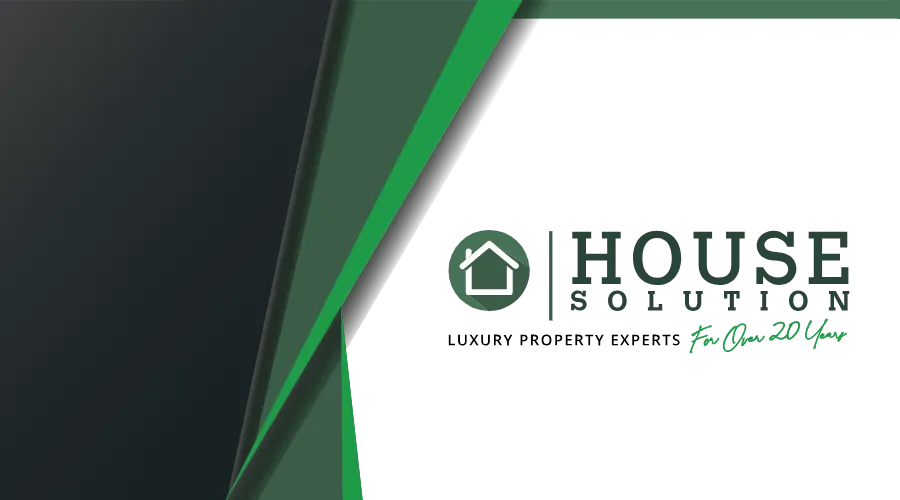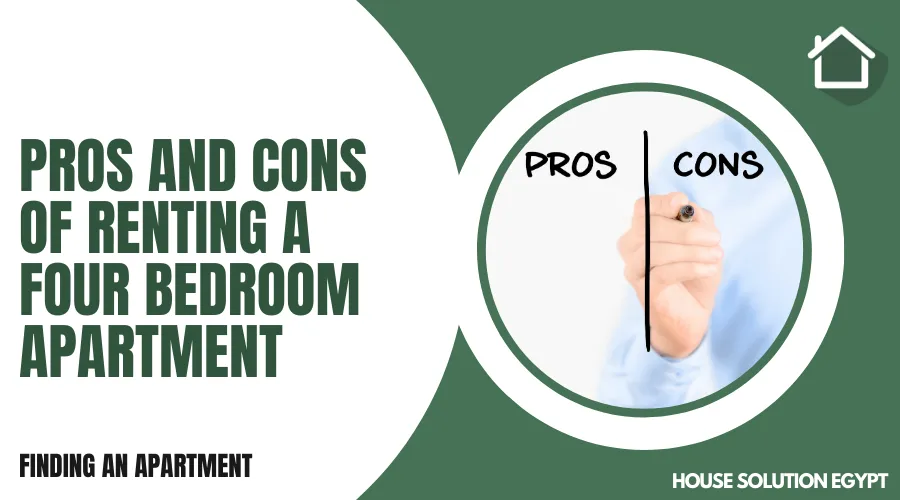10 FACTORS TO INSPECT IN AN APARTMENT LEASE
Renting an Apartment|9 MIN READ|Updated on: 23 September 2025|Written by: Marwa Samir
When it comes to renting an apartment, signing the lease is one of the most important steps in the process. Before you sign on the dotted line, however, there are several factors that you need to inspect in your apartment lease agreement. First and foremost, you should pay attention to the length of the lease term and ensure that it works for your needs.
Another key factor to consider is rent payment terms, including when rent is due each month and what types of penalties or fees are assessed for late payments. Additionally, it's important to review any clauses related to maintenance responsibilities and repairs within your unit.
Other factors worth examining include pet policies and restrictions (if applicable), subletting options or limitations, parking arrangements (if available), security deposit requirements and refund protocols, utilities included in rent costs (such as water or electricity) versus those that are not covered by your monthly payment. By carefully reviewing all aspects of your apartment lease agreement before signing on the dotted line, you can better protect yourself from potential issues down the road while enjoying a positive rental experience overall.
Valid Documentation / Identification
Valid documentation identification is a crucial factor to consider when inspecting an apartment lease. Before signing the agreement, it's essential to verify that the landlord has provided you with all the necessary identification documents. These may include a valid license or certificate of occupancy, proof of ownership, and tax receipts.
Apart from checking that the landlord has provided valid identification documents, it's also vital to ensure that your details are accurate in the lease agreement. Your name should match that on your government-issued ID card or passport. Furthermore, if you're co-leasing with someone else, ensure that both of your names are clearly stated in the contract.
Valid documentation identification helps protect tenants against fraudulent landlords who may not have legal authority over their properties. By ensuring proper verification of documents before signing an apartment lease agreement, renters can avoid legal complications such as eviction notices issued due to a lack of documentation proof.
Lease Terms
Lease terms are some of the most important things to consider when renting an apartment. These terms outline the specific details of the rental agreement between a tenant and landlord. Some essential factors to inspect in an apartment lease include the lease length, rent payment schedule, security deposit requirements, late payment fees, renewal options, termination clauses, and subletting policies.
It's crucial to carefully read through all these lease terms before signing any rental agreement. Ensure that you understand each clause and its implications fully. For instance, if you plan on living in your new apartment for only a short period or have plans to move out early, look for a lease with flexible termination clauses that won't leave you paying hefty fees.
A critical factor to consider when reviewing lease terms is maintenance responsibilities. While landlords typically handle significant repairs such as plumbing or electrical issues, tenants may be required to handle minor repairs like changing light bulbs or fixing loose doorknobs. Always ensure that you know what falls under your purview as a tenant before agreeing to any leasing contract.
Duration
One of the key factors to inspect in an apartment lease is the duration or term of the lease agreement. This refers to the length of time that you will be renting the apartment, and it can have a significant impact on your rental experience. Most leases are for 12 months, but some landlords may offer shorter or longer terms depending on their needs.
If you're considering a shorter-term lease, be prepared for higher monthly rent payments as landlords often charge more for shorter durations. On the other hand, signing a longer-term lease can give you peace of mind knowing that your rent won't increase for an extended period. However, it also means that you'll be locked into living in that specific apartment complex for an extended period.
It's essential to consider your lifestyle and future plans when deciding on a lease duration. If you're unsure about how long you'll need to stay in one place, consider asking if there is an option to renew or extend the lease at its end. Ultimately, choose a term that works best with your current situation while keeping future flexibility in mind.
Rent Amount
The rent amount is one of the most critical factors to consider before signing a lease agreement. It's essential to confirm how much you'll be paying monthly or annually and if there are any additional charges such as utilities, parking fees, security deposits, or pet fees. Knowing the exact rent amount will give you peace of mind when it comes to budgeting your expenses.
When inspecting an apartment lease, always check if there's a rent escalation clause that allows for increases in rent over time. If so, find out how much the increase will be and under what conditions it can be applied. Also, check if there are any penalties for late payments or early termination of the lease.
It's worth noting that some landlords may offer discounts on rent amounts for long-term leases or upfront payments. Before agreeing to such arrangements, make sure to read the fine print and understand all the terms and conditions. Don't forget to negotiate rent prices where possible- this could potentially save you hundreds of dollars in expenses!
Fees & Deposits
Fees and deposits are essential factors to consider when inspecting an apartment lease. Make sure you understand all the charges you'll be responsible for paying before signing on the dotted line. Fees can include application fees, administrative fees, and pet fees. Some landlords may also charge move-in or move-out fees.
Deposits are another important aspect to consider in a lease agreement. Security deposits are standard practice with most rentals and are typically refundable at the end of your lease term if there is no damage to the property beyond normal wear and tear. However, some landlords may require additional non-refundable deposits such as pet deposits or cleaning deposits.
Before signing a lease agreement, ask your landlord about all the fees and deposits you will be required to pay upfront. Factor these costs into your budget so that you aren't caught off guard with unexpected expenses later on. It's always better to know exactly what you're getting into before making a commitment that could potentially cost you more than anticipated in the long run.
Renovation/Repairs
Renovation repairs can be a tricky aspect to navigate when it comes to apartment leases. As a tenant, it's crucial to understand what types of renovations are allowed and who is responsible for making those repairs. Before signing an apartment lease, consider inspecting the property for any necessary renovation repairs.
Some of the key factors to look out for include checking if the windows or doors need repair, ensuring that all electrical outlets and fixtures are functioning properly, and examining the condition of walls and ceilings for any cracks or leaks that may require repair. Additionally, inspecting plumbing systems such as faucets and toilets can help identify issues that may arise during your stay in the apartment.
It's important to discuss with your landlord or leasing agent who will be responsible for covering these renovation repairs before signing a lease agreement. In some cases, certain renovations may not be allowed at all by the landlord or property management company. By being proactive about these concerns upfront, you can ensure a smoother living experience in your new apartment.
Security Features
When inspecting an apartment lease, one of the most important factors to consider are the security features. A secure living space is essential for peace of mind and a comfortable living experience. Firstly, check if there are any surveillance cameras installed around the building or in common areas such as hallways or parking lots. This can deter potential intruders and provide evidence in case of any incidents.
Secondly, examine the locks on all doors and windows to ensure they are functioning properly. If there are any broken locks, request that they be fixed before signing the lease agreement. Additionally, inquire about whether there is a buzzer system or intercom at the entrance of the building to control visitor access.
Finally, ask about additional security measures such as on-site security personnel or alarms in individual units. These extra layers of protection can give tenants added peace of mind knowing that their safety is being prioritized by management. Overall, taking these precautions when inspecting an apartment lease can help ensure a safe and secure living environment for yourself and your loved ones.
Amenities & Utilities
When inspecting an apartment lease, it is essential to consider the amenities and utilities available. Amenities refer to the additional features that make living in an apartment comfortable and convenient. These may include a swimming pool, gym, parking space, laundry facilities, and recreational areas. Before signing the lease agreement, ensure that you understand which amenities are included in your rent payment and which require additional fees.
Utilities are also crucial when choosing an apartment. Make sure you know what utilities are covered in your rent payment, such as water or gas. Some landlords may include electricity or internet services as part of their rental package while others may leave tenants responsible for these expenses. It is important to budget for any utility expenses not covered by your landlord to avoid surprises when it comes time to pay bills.
Amenities and utilities play a significant role in choosing an apartment. Understanding what is included in your monthly rent payment can help you make informed decisions about which apartments best suit your needs and financial situation.
Pets & Smoking Policies
One of the most important factors to consider when inspecting an apartment lease is the smoking policy. As a pet owner, it's also important to note if there are any restrictions on pets in the lease agreement. Some apartments may have strict policies on both smoking and pet ownership, while others may be more lenient. It's crucial to understand these policies before signing a lease to avoid any potential issues down the line.
If you're a smoker and have a pet or plan on getting one, it's essential to find out if smoking is allowed inside your apartment unit or building. Secondhand smoke can be harmful not only for humans but also for pets. Additionally, some buildings may prohibit smoking altogether due to fire hazards or other safety concerns.
On the other hand, if you own a pet or plan on getting one, be sure to ask about any breed or size restrictions that may be included in the lease agreement. Some apartments may only allow small dogs or cats while others may prohibit certain breeds altogether. Understanding these policies ahead of time will save you from potential headaches and heartache later on.
Landlord Responsibilities
1. Maintenance and Repairs: Landlords have a legal obligation to maintain the property they own and provide safe living conditions to their tenants. This means that landlords must make any necessary repairs in a timely manner and ensure that the property is up to code.
2. Security: Landlords are responsible for providing secure locks on all exterior doors, windows, and other entry points of the apartment. They must also provide adequate lighting in common areas, such as hallways or stairwells.
3. Pest Control: It's the landlord's responsibility to ensure that there is no infestation of pests like rodents, bed bugs or termites in the apartment building.
4. Utilities: In general, landlords should be responsible for maintaining utilities like electricity, gas, water supply and heating systems within their rental properties.
5. Safety Equipment: Smoke detectors should be installed throughout the apartment as well as carbon monoxide detector(s). The landlord should also have fire extinguishers available in common areas of an apartment complex.
6. Rent Collection Process: A clearly defined rent collection process can help establish a good tenant-landlord relationship and avoid misunderstandings down the line.
7. Lease Agreement Details - Before signing a lease agreement it is important to review its terms carefully with special attention given to issues related to renewal options, rent increases or additional charges such as fees for pets or parking spaces, etc.,
Conclusion: Summarize Key Points
In conclusion, inspecting an apartment lease is crucial to avoid potential problems and ensure a comfortable living experience. The ten factors that are important to examine include the lease term, rent amount, security deposit, late fees, maintenance responsibilities, pet policies, guest policies, subletting options, termination clauses, and renewal terms.
The lease term refers to the length of time for which the lease agreement is valid. It's important to confirm that it covers the duration you want. The rent amount is also vital since it determines how much you will be paying each month. The security deposit must also be considered as it serves as a guarantee against damages or unpaid rent.
Late fees can significantly impact your budget if not carefully reviewed beforehand. Maintenance responsibilities should also be clear so that there's no confusion over who will take care of certain repairs or upkeep tasks. Pet policies and guest policies are essential if you have pets or frequently host visitors.
Subletting options may come in handy if you need to leave before your lease ends while termination clauses and renewal terms outline what happens when your agreement ends or expires respectively. By considering these factors before signing an apartment lease agreement, tenants can protect themselves from unnecessary stress and expenses down the road.



